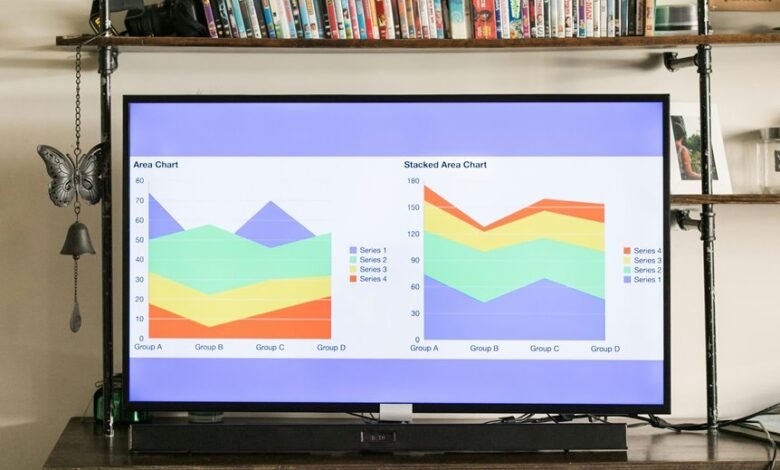Key Trends in Corporate Financial Reporting 3337290604

Corporate financial reporting is undergoing significant transformation. Real-time reporting is becoming essential, enabling quicker decision-making. Concurrently, sustainability metrics are being integrated into financial statements, reflecting a shift toward environmental, social, and governance considerations. Regulatory changes further influence reporting practices, demanding greater compliance. Additionally, advanced technologies are streamlining processes. These trends indicate a growing expectation for transparency and responsiveness. What this means for stakeholders and future reporting standards remains to be seen.
The Rise of Real-Time Financial Reporting
As businesses increasingly operate in a fast-paced digital environment, the emergence of real-time financial reporting has transformed traditional accounting practices.
Real-time analytics and financial dashboards enable companies to monitor performance instantaneously, facilitating swift decision-making.
This shift empowers organizations to respond promptly to market changes, enhancing operational efficiency and promoting financial transparency, thereby meeting the demands of stakeholders who seek greater autonomy and informed insights.
Integration of Sustainability Metrics in Financial Statements
Although many companies have traditionally focused on financial performance metrics, the integration of sustainability metrics into financial statements is gaining prominence as stakeholders increasingly prioritize environmental, social, and governance (ESG) considerations.
This shift towards sustainability reporting reflects a broader understanding of value, recognizing that long-term financial performance is intertwined with sustainable practices, ultimately enhancing corporate accountability and stakeholder trust in an evolving market landscape.
Impact of Regulatory Changes on Reporting Practices
With the increasing complexity of corporate financial landscapes, regulatory changes are significantly influencing reporting practices across industries.
The evolution of reporting standards necessitates stringent regulatory compliance, compelling organizations to adapt swiftly. This shift promotes transparency and accountability, though it often imposes challenges in terms of operational adjustments.
Ultimately, businesses must navigate these regulatory landscapes to maintain credibility and foster trust among stakeholders.
Embracing Technology for Enhanced Transparency and Accuracy
A growing number of corporations are integrating advanced technologies into their financial reporting processes to enhance transparency and accuracy.
By leveraging data analytics, these organizations can uncover insights and trends that were previously obscured.
Furthermore, automated reporting systems streamline the dissemination of information, ensuring timely updates and reducing human error.
This technological embrace fosters a culture of accountability and trust in financial disclosures.
Conclusion
In conclusion, the evolving landscape of corporate financial reporting mirrors the fabled phoenix, rising from traditional practices to embrace real-time insights and sustainability metrics. As regulatory frameworks tighten and technological advancements proliferate, organizations must adapt swiftly to maintain stakeholder confidence. This intricate tapestry of transparency and accountability not only reflects a commitment to responsible governance but also positions firms favorably in an era where financial clarity is paramount, echoing the timeless wisdom that knowledge is power.




